Member Spotlight Summer 2021
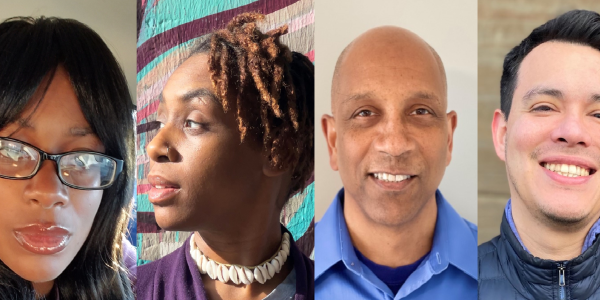
You are here
Member Spotlight has been a wonderful way for the early education community to learn about the stories of individuals making a difference in the field every day. For this special summer issue of Young Children, I am delighted that we had a chance to reconnect with previously profiled members and to get an update on where they are in their journeys. Keya, Meghan, Kevin, and Nick are all still flourishing in the field of early education, either continuing to grow in their roles by furthering their own education or taking a more active role in being a change agent for equity. Their interviews are inspiring and a reminder that career paths are not linear. NAEYC is here for you throughout your journey, wherever it takes you in the education of young children.
-Michelle Kang
Keya Johnson
Preschool teacher at The Goddard School, Baltimore, Maryland
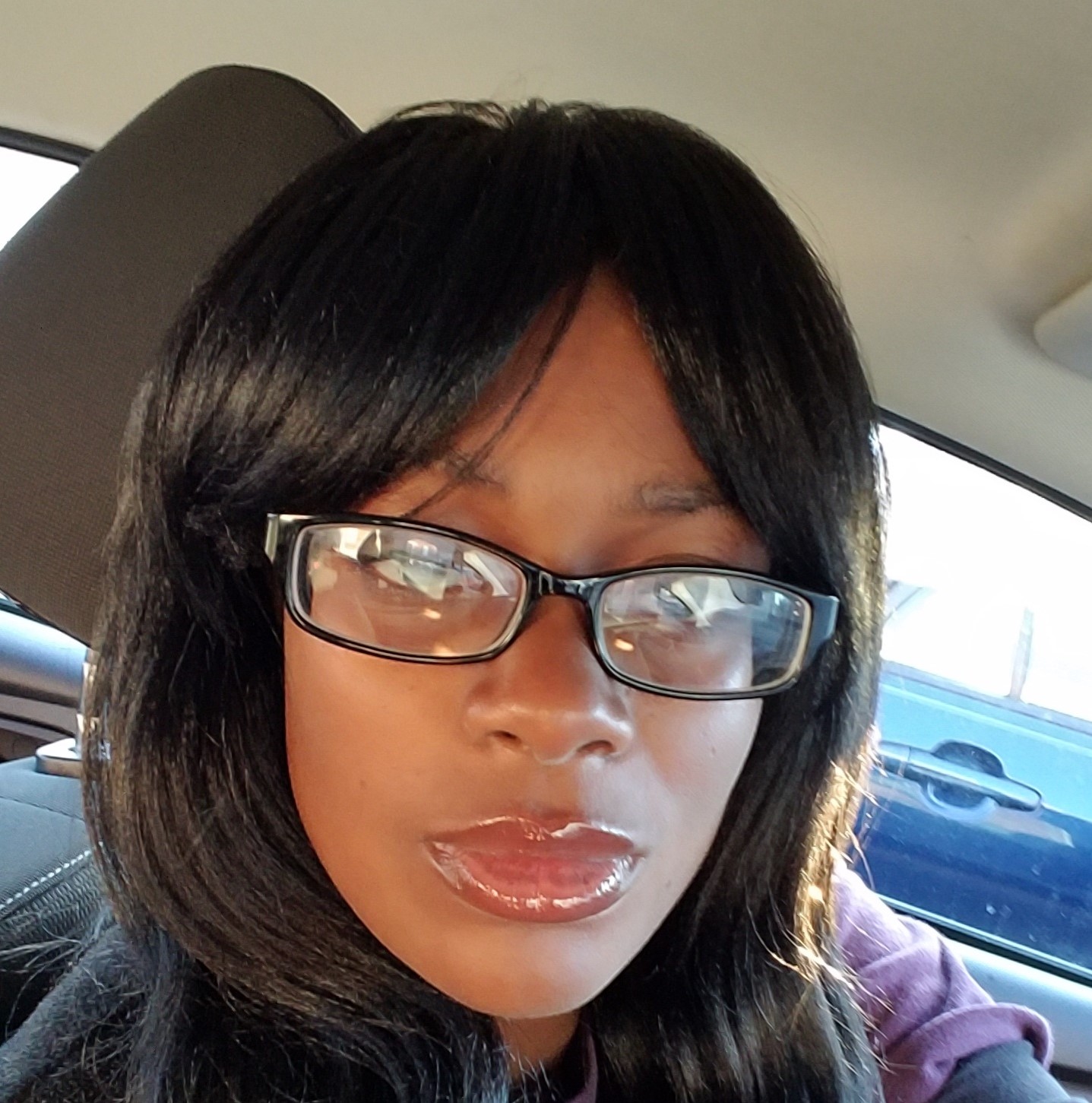 Since the last time we spoke, how has your career changed?
Since the last time we spoke, how has your career changed?
I was teacher of the year in 2020 at my current school, and I have been really focused on furthering my professional knowledge since 2018. I started doing graduate work in early childhood studies: administration, management, and leadership, and I am making great progress in my state’s credentialing program.
How has being a NAEYC member impacted your career?
NAEYC has been a guide with its code of ethics and position statement and resources on developmentally appropriate practice. I have used NAEYC resources in my graduate courses as key references in writing my papers. NAEYC connects teaching practices, policy, and research to the early childhood profession. The organization has helped me analyze trends and use tools to find professional resources to stay at the forefront of my field as a lifelong learner.
What are some of the challenges you have faced in the last year, and how has being a NAEYC member helped you overcome them?
I was furloughed for four months over the summer, and in the fall, I had to take a break from school until I could save up for the next term. I continued my professional development through NAEYC’s Virtual Institute and taking graduate courses online over the summer. NAEYC has helped me stay grounded in a knowledge base of how young children develop and learn.
What has been a valuable lesson that you have learned, and what advice would you give to others?
Always write down near-term goals that are measurable to achieve within six months to a year. Network with other professionals in the field. Volunteer your knowledge and skills. Learn how to advocate for children, families, and other teachers. Always invest in yourself, learn different skills, and be mindful of your health.
Meghan Gowin
Lead grade three teacher at Uplift Ascend Primary School, Fort Worth, Texas; doctoral candidate at Texas A&M University-Commerce
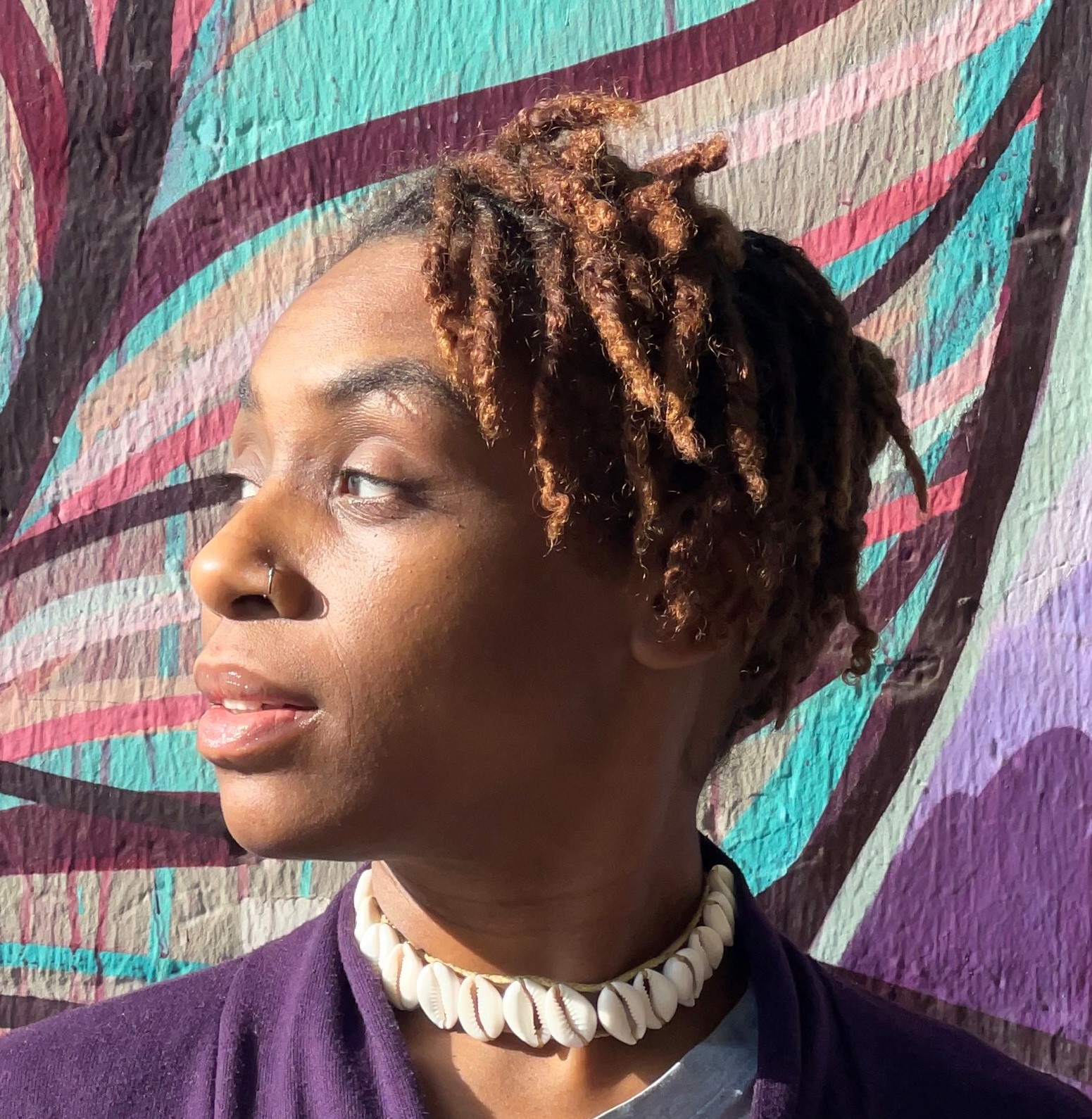 Since the last time we spoke, how has your career changed?
Since the last time we spoke, how has your career changed?
I decided to deepen my service to educators who teach children ages 4 to 8 years by offering professional development focusing on anti-bias and anti-racist education for early childhood educators. We work to create and maintain a brave space to discuss things such as Black Lives Matter protests during the summer of 2020, anti-Asian racism during the global pandemic, and more. I hope to support more early childhood educators as they commit to anti-racist pedagogy and implement instructional practices that support BIPOC [Black, Indigenous, and people of color] children.
How has being a NAEYC member impacted your career?
I am grateful for the community that I found in NAEYC’s Diversity and Equity Education Interest Forum when I first began my anti-bias and anti-racist education journey. Through communal learning and access to critically reflective resources, I was able to find a space that nurtured my interest in diversity, equity, and inclusion and to gain the tools to have some really tough conversations with students, families, colleagues, and my own children. NAEYC has provided resources through its email communication and on the HELLO platform. I have learned from the experiences of early childhood educators across the nation.
Have you found a “silver lining” or a “lesson learned” in the last year (due to COVID or otherwise)?
My lesson from this year has been about the power of building and nurturing community ties. My sense of community has always been strong, but this year certainly tested the strength of those bonds. I have witnessed the power of leaning on one's community and acknowledging the value of interconnected networks.
Based on your experiences and lessons learned during COVID, what might early learning programs keep doing, and what might they consider changing in their work?
Our commitment to the social and emotional well-being of children shines through in our interactions with young learners. We should continue to provide safe and brave spaces for children to question the world around them and to express themselves. I would urge early childhood professionals to critically reflect on their role in creating equitable learning environments that nurture the genius of all young children.
Kevin McGowan
Assistant professor of early childhood education and a faculty associate, Martin Richard Institute for Social Justice (MRISJ), Bridgewater State University, Bridgewater, Massachusetts
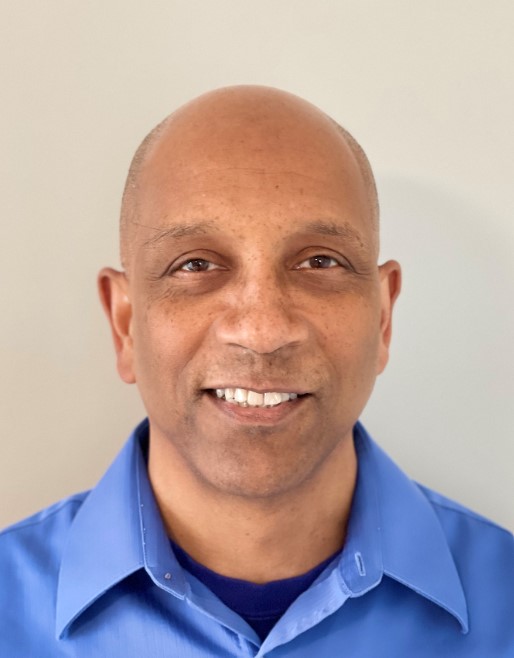 Since the last time we spoke, how has your career changed?
Since the last time we spoke, how has your career changed?
Starting in academic year 2021–2022, I will be promoted from assistant professor to associate professor. My university teaching includes preparing preservice early childhood teachers to enter the profession. My social justice work involves helping faculty focus their teaching, research, and service around social justice issues including racial justice.
How has being a NAEYC member impacted your career?
NAEYC’s annual conferences, workshops, and webinars have provided guidance throughout my career, and the association has offered opportunities for connecting and leading within the field. For example, I am a member of the Black Caucus Interest Forum, and I cofacilitate the Diversity and Equity Education for Adults Interest Forum.
What are some of the challenges you have faced in the last year, and how has being a NAEYC member helped you overcome them?
The biggest challenge was to figure out how to effectively supervise, guide, and mentor student teachers’ field experiences without in-person interactions. I was able to use video conferencing and videos to provide feedback and guidance. Also, NAEYC’s curated list of COVID resources provided practical guidance on how to work with young children and their families. I used these resources in my courses and supervision.
What has been a valuable lesson that you have learned, and what advice would you give to others?
Given our country’s focus on racial justice following the murder of George Floyd, it is important for early childhood educators to continue to incorporate anti-bias and anti-racist teaching into their curriculum daily. Anti-bias education should not be looked at as an optional add-on activity; it should be an integral part of a comprehensive early childhood curriculum.
From your perspective, how has higher education been affected by COVID, and what might higher education programs consider for the future?
The COVID pandemic has provided higher education with an opportunity to rethink how traditional models of teacher preparation can be revised to accommodate students who have to work and take care of their families. I look forward to expanded options, such as a new hybrid model of face-to-face/online coursework and field experiences.
Nick Terrones
Former toddler and family educator and current preschool program director at Daybreak Star Preschool, an Indigenous-based program with an emphasis on reawakening the language of the First People of Seattle, the Duwamish Tribe
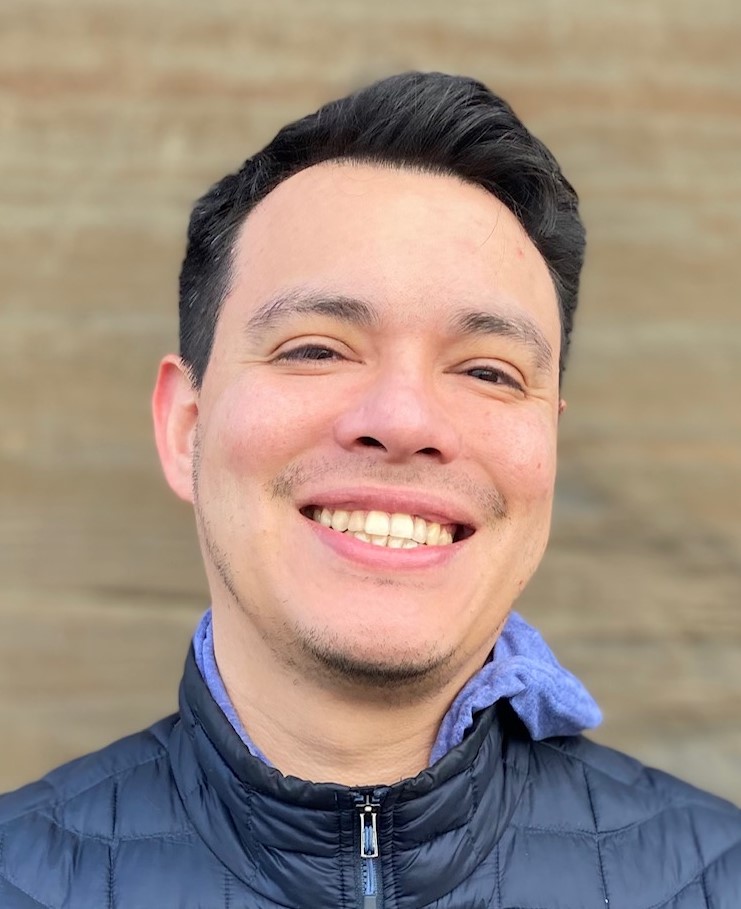 Since the last time we spoke, how has your career changed?
Since the last time we spoke, how has your career changed?
Making the transition from educator to director was definitely a jump! And I took on this new role in the middle of the COVID-19 pandemic. Let’s just say I’ve been “on my toes” a lot more than I’m used to, and that’s coming from a seasoned toddler teacher! I came into this new role as director of Daybreak Star by the suggestion of a friend. It felt very validating to hear someone think of me in that esteem.
What are some of the challenges you have faced in your career, and how has being a NAEYC member helped you to overcome them?
I cannot emphasize enough the relationship aspect that being a member of NAEYC brings to the forefront. That was especially important during the COVID-19 pandemic—from exchanging ideas about effective practices and protocols to having people to decompress the stressors with. Having fellow NAEYC members provide information about grants, loans, and other resources is another huge perk to being a part of the NAEYC community.
What has been a valuable lesson that you have learned, and what advice would you give to others?
While we want to achieve equity, equality, and representation, we must be mindful to not fall into the same systems of oppression we’re aiming to shift. Question what you’re doing, saying, thinking. Preserving childhood begins with respecting childhood and its pace. I want to encourage early learning professionals to see themselves as leaders of humanity. We have an opportunity to be a model to children and their families/guardians for what responsive education can look like.
Based on your experiences and lessons learned during COVID, what might early learning programs keep doing, and what might they consider changing in their work?
Advocacy has been essential to our work. As with many things, COVID has re-emphasized the importance of early learning and care, the people behind it, and the impact it has on society. We need to continue being the “squeaky wheel” and bringing early childhood education to the forefront of policymakers’ thinking. Our time is now to collectively voice our worth as educators and caregivers and the worth of children and families.